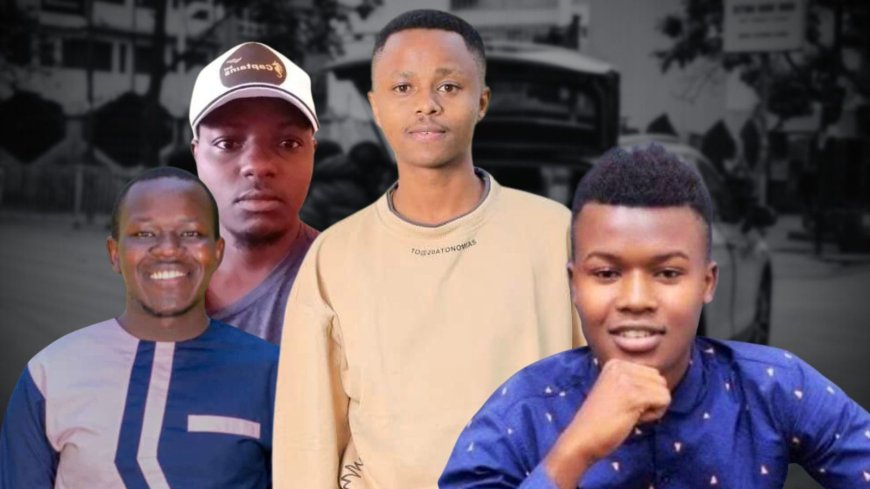High Court Rules On Demand To Push Abduction Cases To ICC
On Friday, May 9, it ruled that any deaths or injuries caused by police while in custody fall strictly under the authority of the Independent Policing Oversight Authority (IPOA)

The High Court has rejected a push to escalate cases of abductions and enforced disappearances in Kenya to the International Criminal Court (ICC), saying local institutions are still capable of handling them.
On Friday, May 9, it ruled that any deaths or injuries caused by police while in custody fall strictly under the authority of the Independent Policing Oversight Authority (IPOA), and no other branch of the National Police Service is allowed to investigate such cases.
The court criticised the overlapping investigations by police and IPOA, saying this has often denied justice to victims and their families.
While the court acknowledged that the scale and pattern of disappearances and extrajudicial killings in Kenya do qualify as crimes against humanity, it still declined to refer the cases to the ICC, arguing that the national justice system hasn’t yet reached a point of total failure.

Collage of abducted Kenyans Rony Kiplangat, Gideon Kibet, Billy Mwangi and Peter Muteti. /VIRAL TEA KE
"Kenya has not yet reached a point where it is unable to handle such matters," Justice Mugambi said, adding: "There is insufficient evidence to demonstrate that Kenya’s national systems had failed in addressing these concerns effectively."
Justice Lawrence Mugambi also made it clear that police officers should not be allowed to investigate cases where people die or are injured while in custody.
The petitioners — represented by Dr. John Khaminwa and John Mwariri from Kituo cha Sheria — said they’re considering appealing parts of the ruling.
The case was filed by Kituo cha Sheria, Haki Afrika, and Charles Njue, who were pushing to have the government refer Kenya’s abduction and enforced disappearance cases to the International Criminal Court (ICC).
The groups had argued that the prosecutor of the International Criminal Court has widespread investigative powers as allowed under Article 53 of the Rome Statute.
Further, they contested that the High Court has the power and authority to command the Attorney General to refer what is termed a crime against humanity to the International Criminal Court as allowed under the provisions of Article 14 of the Rome Statute.
Recently, former Deputy President Rigathi Gachagua teamed up with six members of the self-styled opposition team, which vowed to take the controversies surrounding civilian killings under President William Ruto’s administration to the ICC for investigation.
The team was also comprised of Kalonzo Musyoka, Eugene Wamalwa, Justin Muturi, and Martha Karua as well as former Cabinet Secretary (CS) Mithika Linturi and Torome Saitoti. The leaders strongly denounced the killing of five civilians in Ang'ata Barikoi, Narok County. They argued that the April 28 incident wasn’t an isolated case, pointing to a growing trend of land-related violence.
Calling it a blatant human rights violation, the leaders said taking the matter to the ICC is the only way to break the cycle.
"Land fraud and displacement have now become a rampant national crisis. Organised syndicates, operating with the protection of heavy-handed police forces and a compromised justice system, are fraudulently preparing ownership documents to forcefully and illegally expropriate land from rightful owners," read the statement in part.
"What happened in Kiligoris is a replica of the Mavoko, Nairobi and Ndabibi Land disputes and forceful mass displacements. With Dr Ruto's checkered past with forceful land displacements, we want to remind him that such acts are crimes against humanity, and we are committed to escalating these cases to the International Criminal Court (ICC)."







